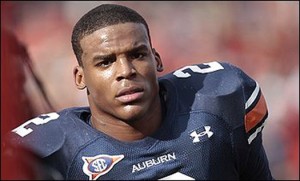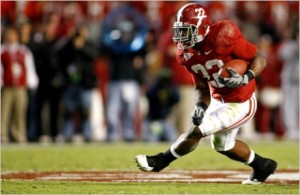This month I have been paying a closer attention to the way in which franchise professionals utilize social media platforms. Specifically this week, I wanted to take a closer look at how LinkedIn is being used in the franchise industry. LinkedIn is a hot topic in the social networking realm right now. Everyone wants to know how to best leverage LinkedIn for their various needs. Franchisors, franchisees, and suppliers all see opportunity in the networking site, but many question how exactly they can use the platform to their benefit.
With a database of more than 238 million individuals, LinkedIn provides a great pool of prospective franchisees and customers. How can franchise professionals tap into this resource? They can start with their profile page. A new article in Franchising World’s November issue gives some tips about how you should go about revamping your page. First, look at your page from an outsider’s view. Does it read like a resume? If you’re seeking employment, that is one thing. But if you are not, it may be time to rewrite your profile to target whichever prospect or customer or prospective employee that you would like to engage. People are using LinkedIn to better know you. You must actively choose a message: what do you want people to know about you and your company?
The article says that as you read through your LinkedIn profile, you must ask yourself whether your profile answers these questions that the reader may have:
– Should I pay this person money?
– Can I trust this person?
– Can this person help me with my objectives (franchise ownership, employment, doing business)?
– What benefits does this person and his company provide?
– Does this person have the ability to help me make a significant decision?
– Does this person look trustworthy and credible?
What is all really comes down to is making your profile a welcome mat to your company. You want to seem approachable, communicable and transparent. People want to do business with people they like and feel at ease with. Let your LinkedIn profile be a peak into your company’s missions and future goals. What LinkedIn tips do you have for fellow franchise professionals?


